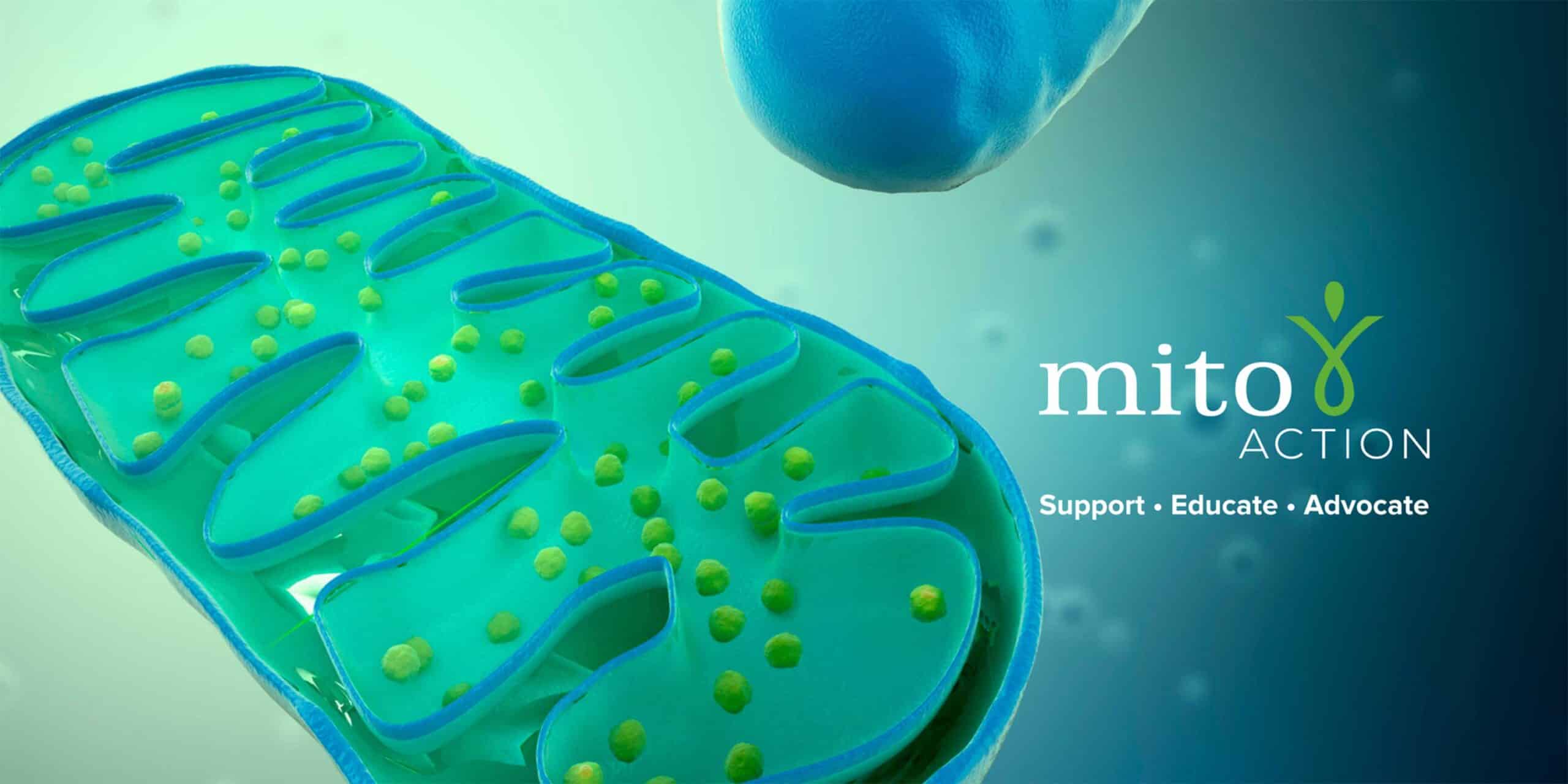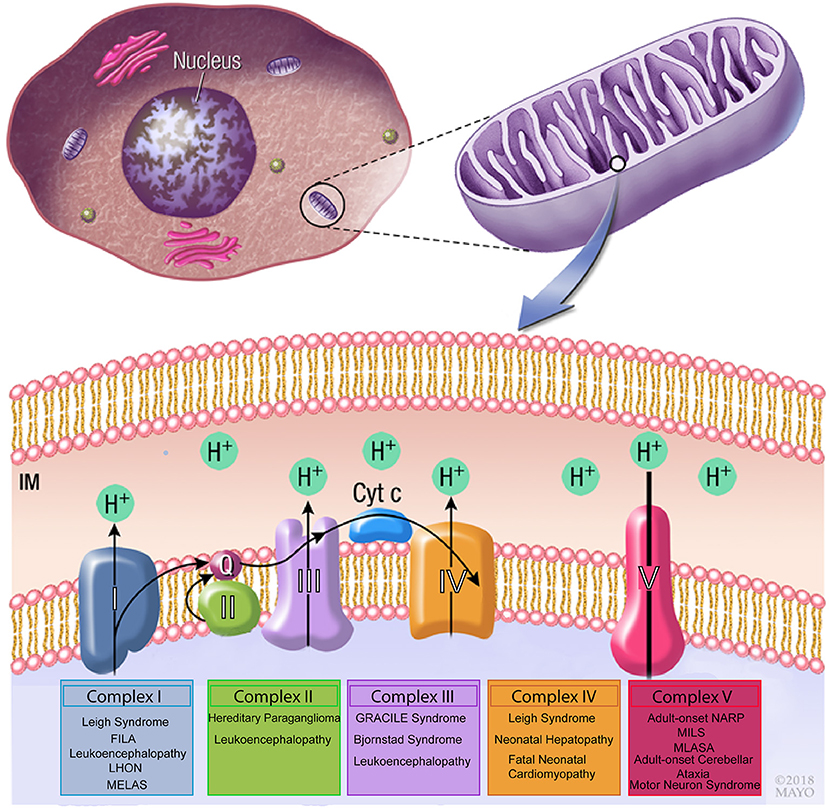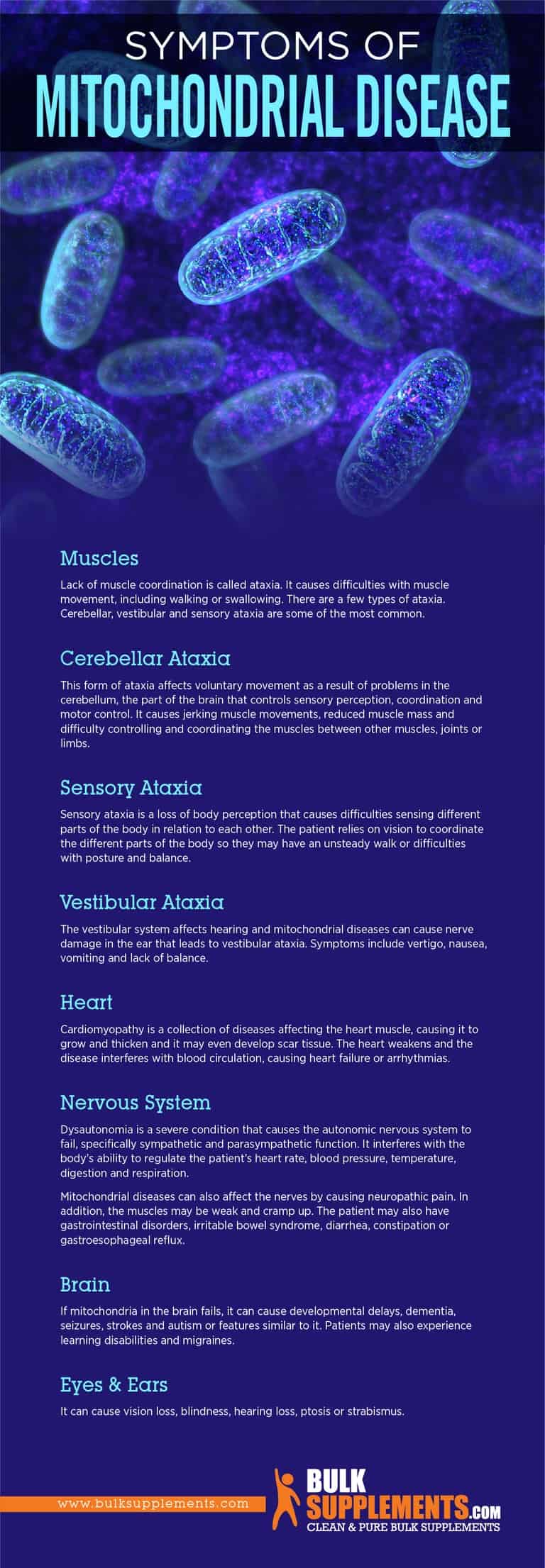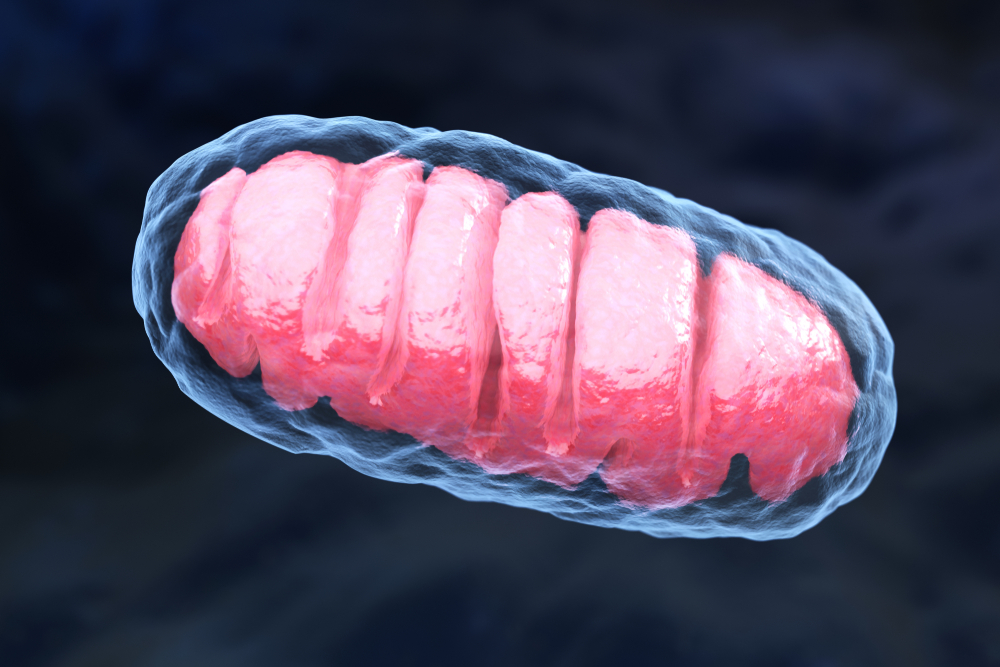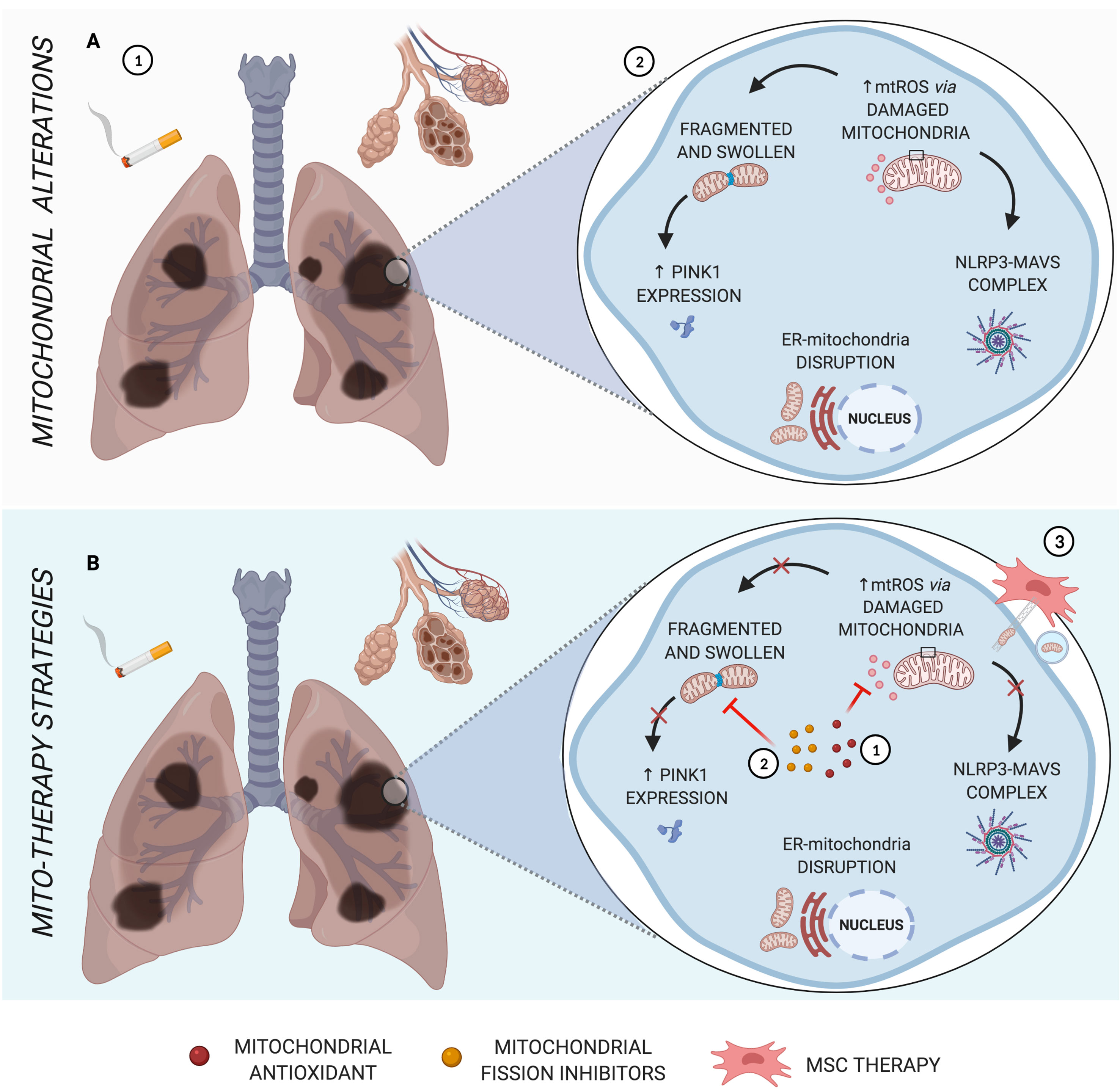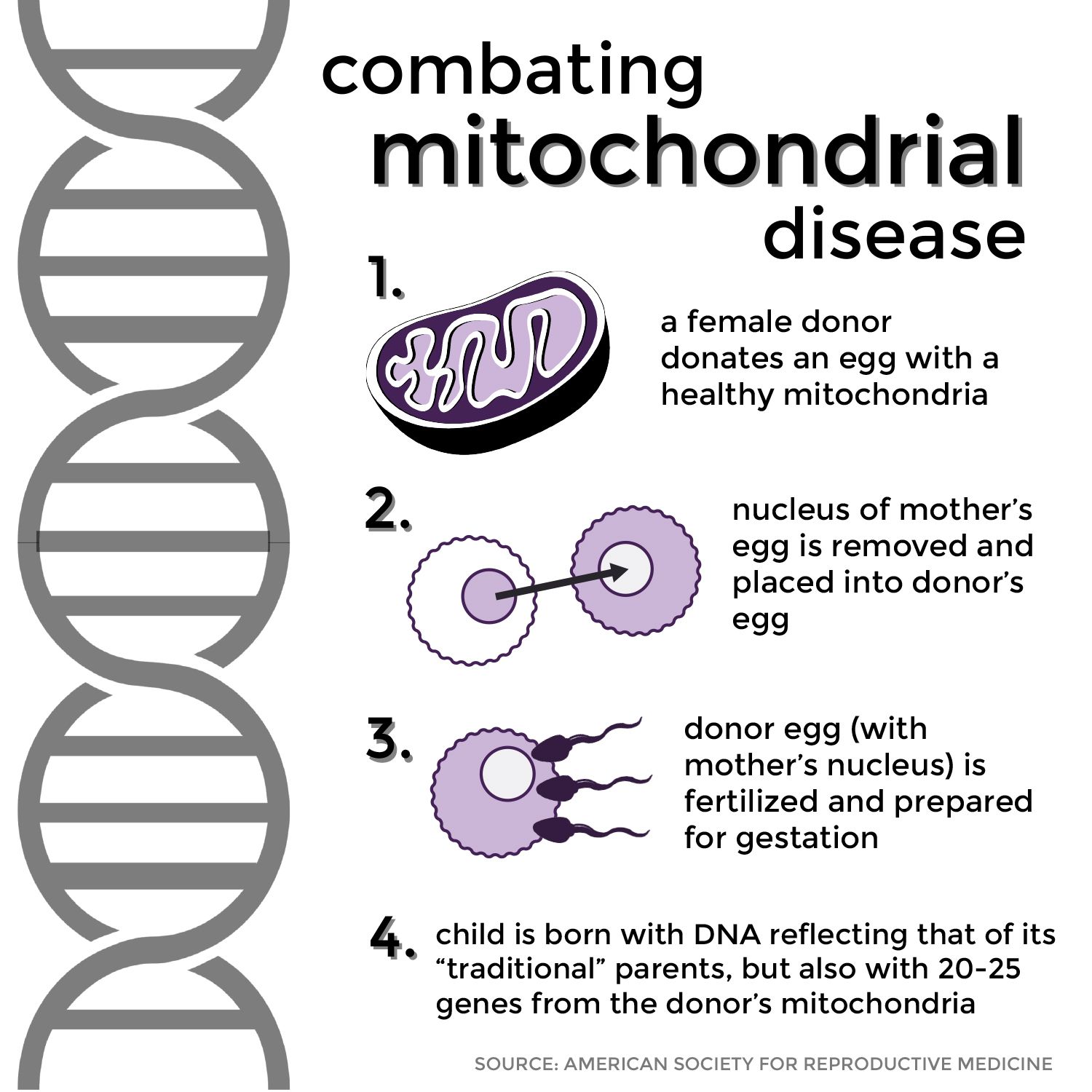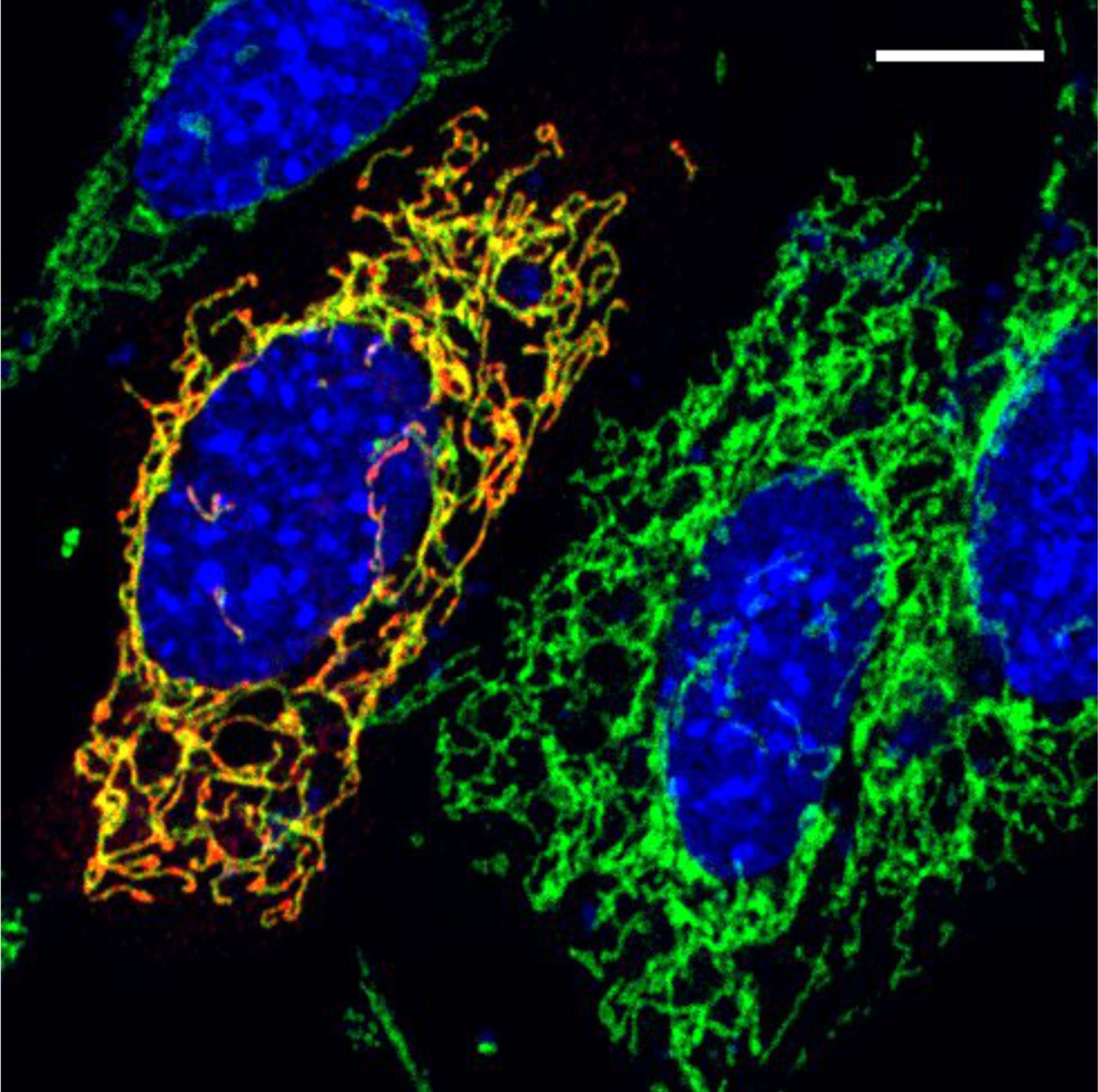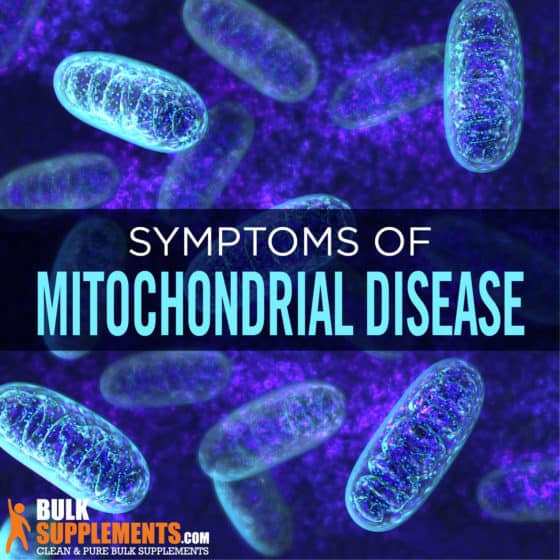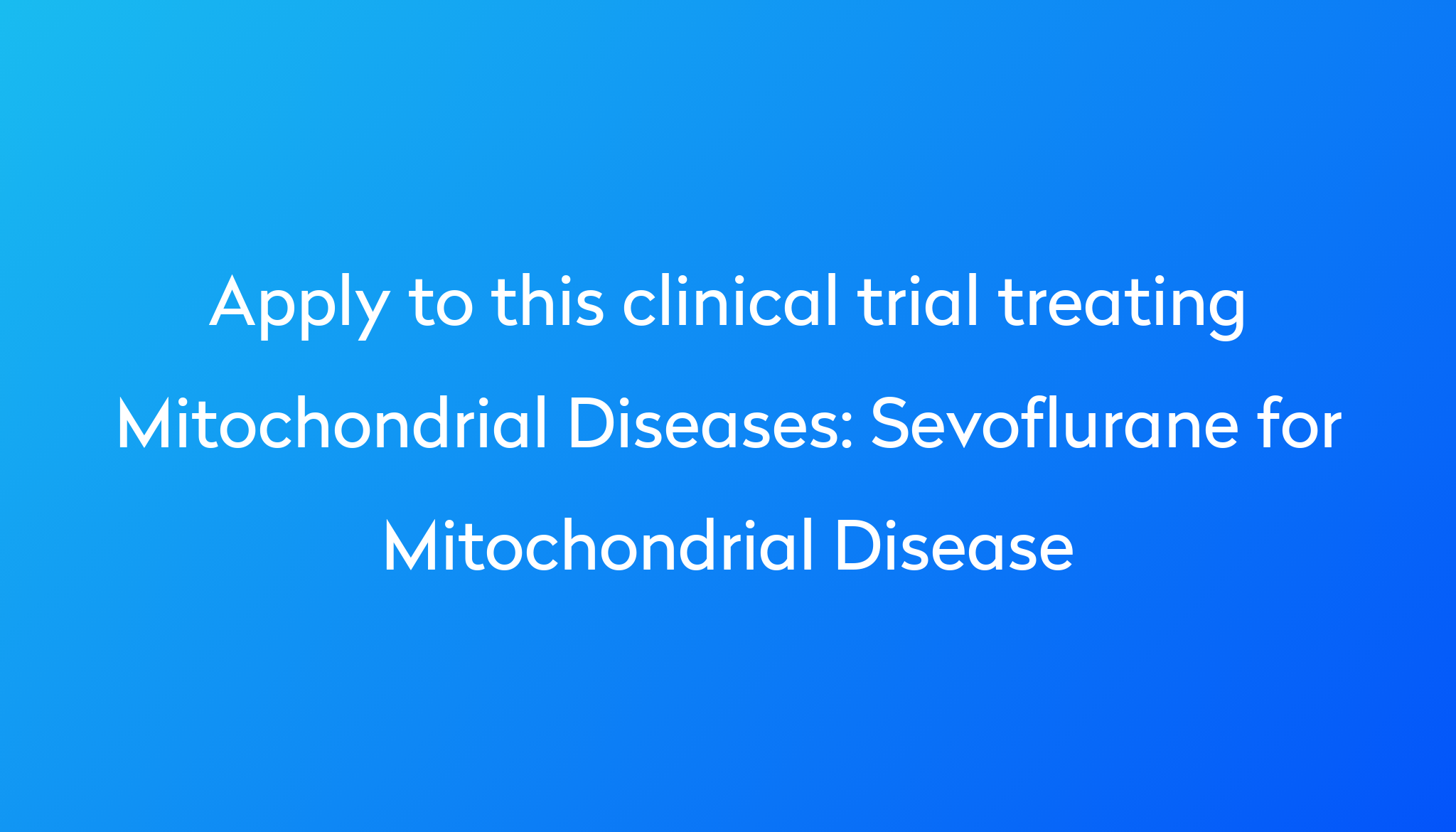Favorite Info About How To Treat Mitochondrial Disease
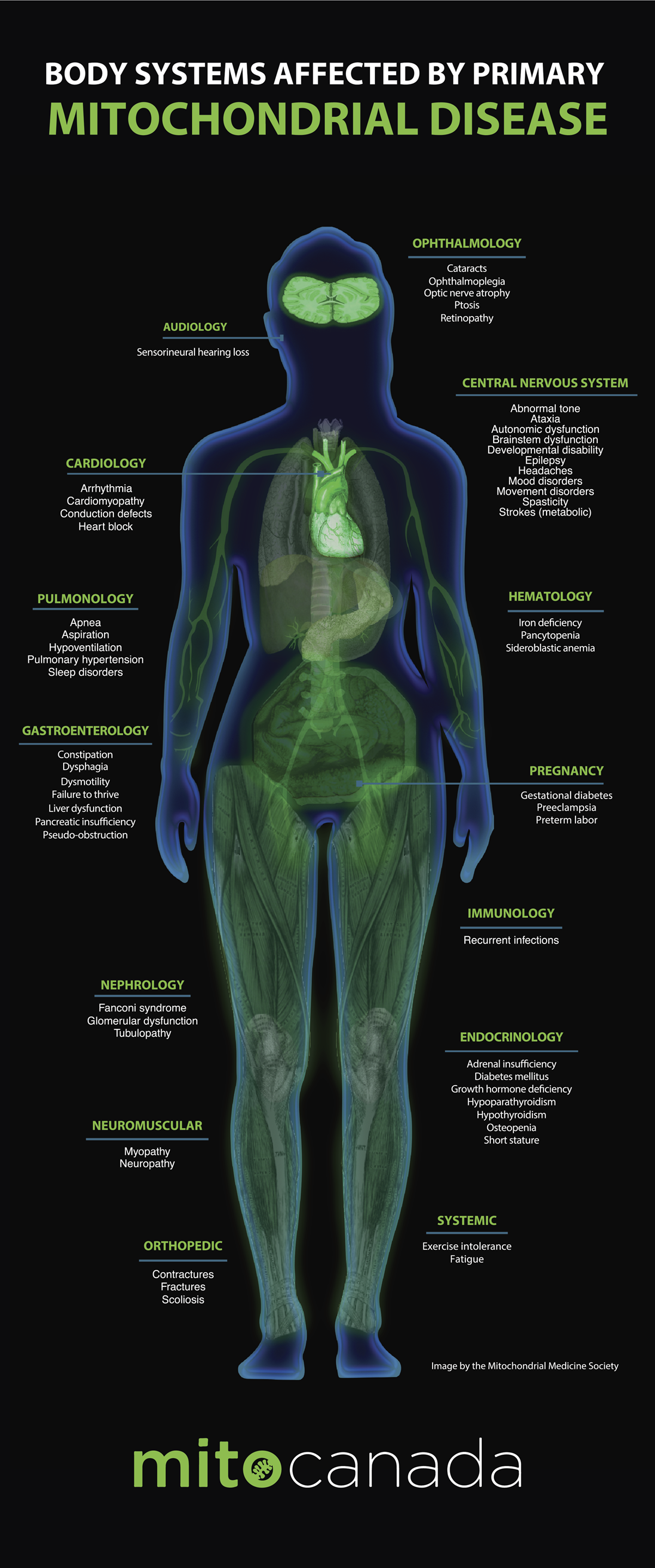
Doctors and scientists continue to do research to find effective ways to treat this condition.
How to treat mitochondrial disease. Mitochondrial disease saps your energy and affects your entire body. Treatment for a mitochondrial disease varies based on the type and your symptoms. At cleveland clinic, we can help.
Mitochondrial dysfunction is a potential mechanism. Physicians may recommend supervised progressive exercise aimed at improving function. There is no cure for mitochondrial disease.
How is a mitochondrial disease treated? Mitochondria are specialized compartments within your body's cells that are responsible for creating most of the body's energy.
Therapeutic approaches to treat mitochondrial diseases: Mitochondrial diseases are clinically heterogeneous disorders caused by a wide spectrum of mutations in genes encoded by either the nuclear or the mitochondrial. At this time, there is no cure for mitochondrial disease.
Purpose of review primary mitochondrial disease encompasses an impressive range of inherited energy deficiency disorders having highly variable molecular etiologies as well. Taking vitamins or supplements, like riboflavin, coenzyme q10 and carnitine. Clinicians and researchers are working to develop therapies to treat and cure.
Novel pharmacological agents are under development to treat mitochondrial disease. Most therapies include exercise and nutritional supplements that aim to relieve symptoms and improve quality of life. Epilepsy complicates up to 40% of cases of primary mitochondrial diseases.
There’s currently no cure for mitochondrial disease. Tongling liufu 1 , zhaoxia wang 1 affiliation 1 department of neurology, peking university first hospital, beijing, 100034, china. Cure for mitochondrial diseases steps closer with stem cell breakthrough a cure for people born with debilitating inherited disorders known as mitochondrial.
There is currently no clear evidence supporting any pharmacological interventions for most mitochondrial disorders, except for coenzyme q10 deficiencies,. The heterogenic aetiology of mitochondrial diseases demands for alternative pharmacological strategies to target mitochondrial defects and many compounds have. Certain supplements—thiamine (b1), riboflavin ( b12 ), vitamin c , vitamin e, lipoic acid , and coenzyme q10 — may.
An encouraging therapeutic approach to treat mitochondrial diseases is represented by the pharmacological induction of mitochondrial biogenesis to overcome.
